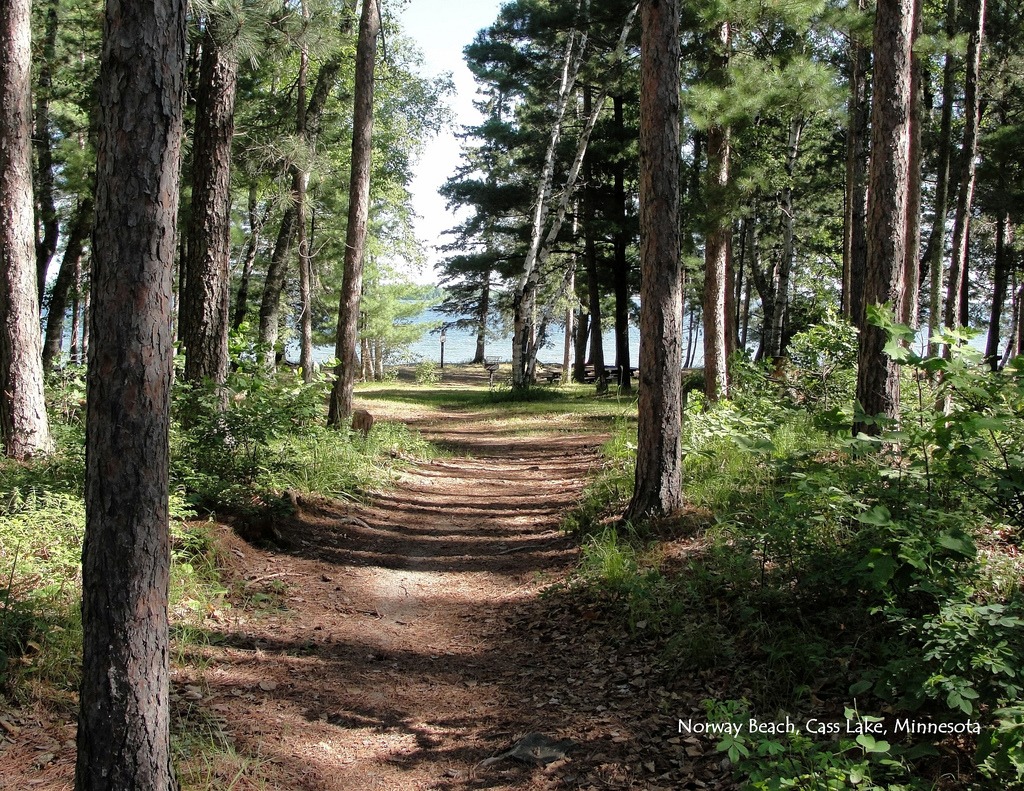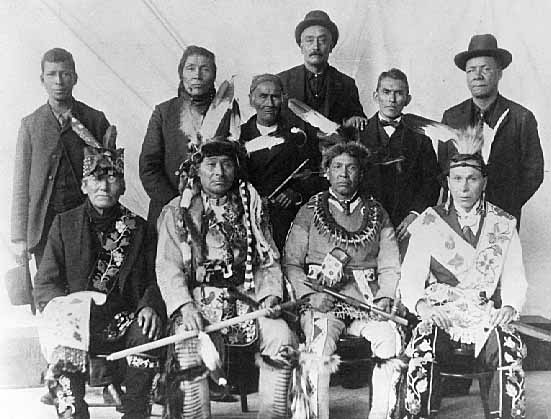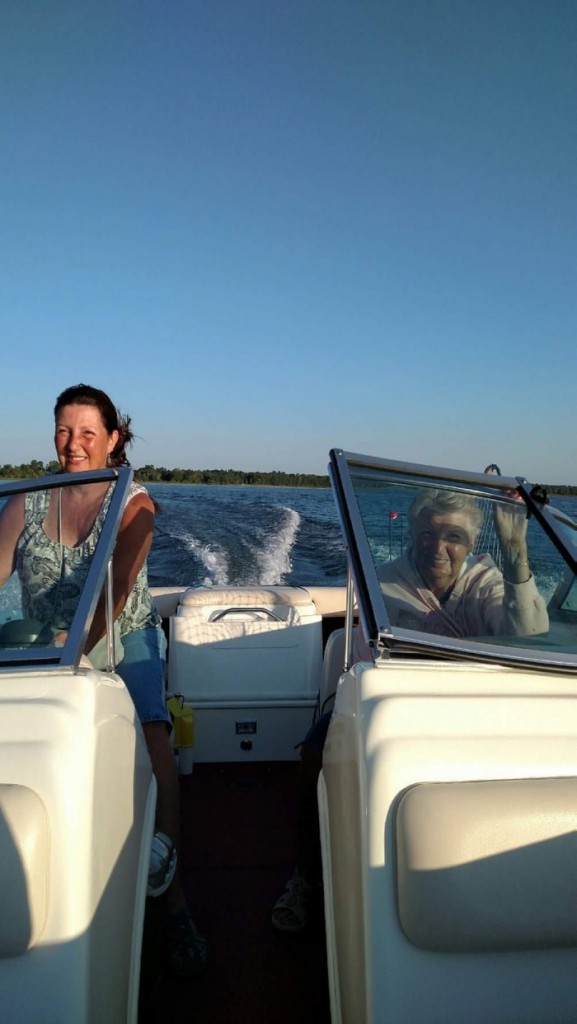The History of Leech Lake
May 23, 2016
Today, Leech Lake and the Walker area are places to escape everyday life. If you are spending a day on Leech Lake fishing or strolling through the town of Walker, you really have the chance to slow down and enjoy the simplicity of the everyday. But how did Leech Lake get to where it is today?
How Leech Lake Formed
Leech Lake and the Walker area are built on the remains of a glacier. As the glacier receded, it left three ridges that are the hills of Walker, and the surrounding areas. This glacial movement in combination with the unique geological makeup of the area gave Leech Lake it’s unique shape and abundance of bays, which make for perfect fishing spots and ideal aquatic habitats.
In the 1700s
Original inhabitants of the Leech Lake area was the Sioux tribe. However, in the early 1700s the Ojibwe (or Chippewa) moved from the Northeast in to the Sioux territory. Battles over territory and land occurred, and eventually the Sioux were driven in to Dakota Territory.
In the 1800s
French explorers were the first in the area. The Northwest Company, a fur trading business that began in Montreal in the late 1700s, established trading posts in 1785 on Ottertail Point. More trading posts were established in the early 1800s, and by 1895 a small settlement had begun. In 1896, the railroad came to Leech Lake from Brainerd and the town of Walker was officially founded. Walker is named after logging giant Thomas B. Walker, and the town was founded by Patrick McGarry.
Battle of Sugar Point
The Battle of Sugar Point, considered the last true Indian battle, happened in October of 1898. The dispute is a very familiar one and was rooted over land. Indian lands and burial grounds were being destroyed by explorers moving west.
In the years leading up to the battle, Indian chief “Old Bug” was arrested under vague circumstances and was taken to Duluth from Leech Lake. Due to lack of evidence the charges were dropped and Old Bug walked the hundred miles home, through snow and ice.
In September of 1898, Old Bug went to pick up his annuity payment and was arrested. He called for help and 22 Natives came to his side. They escaped to Bear Island and warrants were issued for all involved.
Twenty soldiers were sent from Fort Snelling to talk to the tribal members, but when they refused to talk another 80 troops were sent to Walker. Old Bug and his tribe still refused to meet and on October 5th, 1898 officers went abroad steamers to Bear Lake, only to find it deserted.
They moved on to Sugar Point Hill, where Old Bug’s cabin was empty. The exhausted troops were ordered to stack arms, but one soldier did not put the safety on. When the gun fell, it discharged and caused the Natives (who were circling the area) to open fire. The remaining troops sought safety at Old Bug’s cabin while waiting for the Minnesota National Guard to arrive in Walker.
On October 7th, the Natives allowed the soldiers to leave on the barge. The troops suffered 7 casualties and 16 more were wounded. There were no casualties among the Natives.
The Result of the Battle
The Battle of Sugar Point, although generally forgotten on a national scale, lead to the creation of the Chippewa National Forest and national forest lands across the United States.
In the 1900s and Today
Once the railroad came to Leech Lake hotels, camping facilities, and public launching areas started to pop up in the area which started the tourism industry in Leech Lake. Tourism began to grow in the 20th century as people from urban areas began escape to rural areas to escape from everyday life and relax.
Today, Leech Lake is home to some of the best fishing in Minnesota and plenty of activities for families to enjoy. Whether you are looking to camp or stay at a resort, Leech Lake has everything you need for the perfect family vacation and to make lifelong memories.




